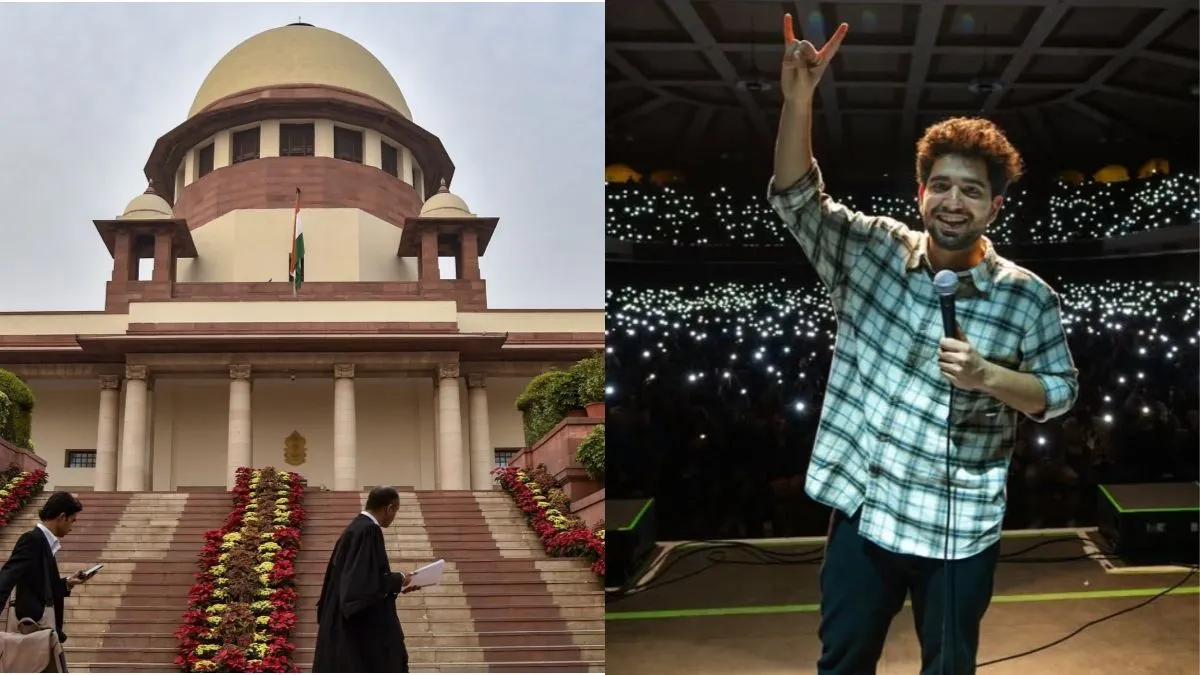- By Deeksha Gour
- Mon, 05 May 2025 02:57 PM (IST)
- Source:JND
The Supreme Court has taken note of a petition alleging that five social media influencers, including stand-up comedian Samay Raina, mocked individuals with disabilities and rare medical conditions on online platforms. Expressing concern, the apex court described such actions as both "damaging" and "demoralising" to already vulnerable sections of society.
A bench of Justices Surya Kant and N Kotiswar Singh directed the Mumbai Police Commisioner to serve notices to them and ensure their appear before the bench. The petition was filed by a non-governmental organisation (NGO), which alleged that the content shared by these influencers led to online abuse and discrimination against disabled individuals and those suffering from rare disorders.
Taking the matter seriously, the Supreme Court also sought the assistance of Attorney General R Venkataramani to examine whether there is a need to regulate online content related to disabled persons. The court observed that while freedom of speech and expression is a fundamental right, it is not unlimited and cannot be used to insult or belittle others under the pretext of humour.
The bench remarked, “This is very, very damaging and demoralising. There are statutes which try to bring these people into the mainstream, and with one incident, the entire effort goes. You should think of some remedial and punitive action within the law,”
ALSO READ: Waqf Act Challenge: SC Bench Led By Next CJI BR Gavai To Hear Pleas Against New Law On May 15
Senior advocate Aprajita Singh appeared on behalf of the NGO and urged the court to consider setting up clear guidelines for content involving people with disabilities. The petition also pointed out gaps in the current legal system when it comes to handling such online content.
The court agreed and said it would frame proper guidelines to regulate social media content that targets disabled individuals or those with rare medical issues. It also noted the growing influence of digital creators and the urgent need to address such misuse of online platforms.
(With PTI Inputs)

